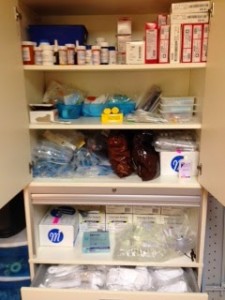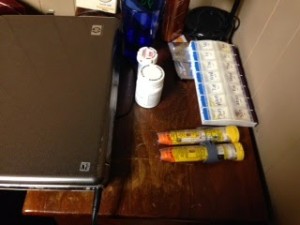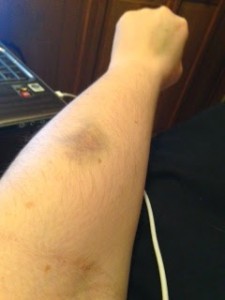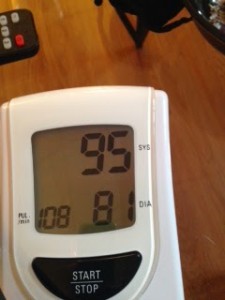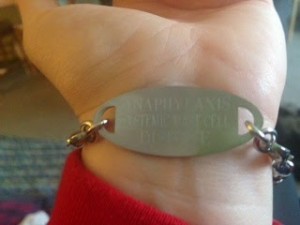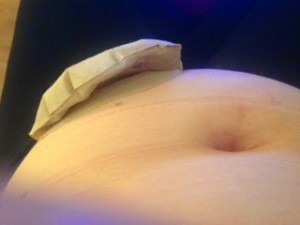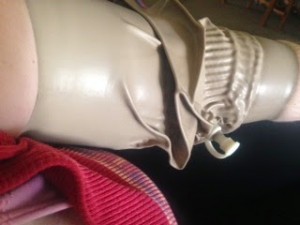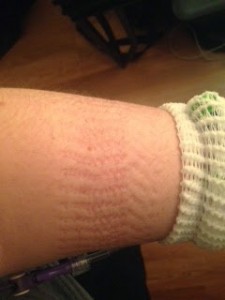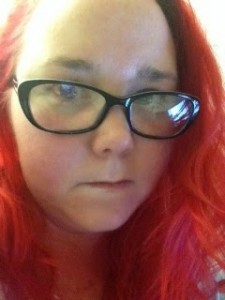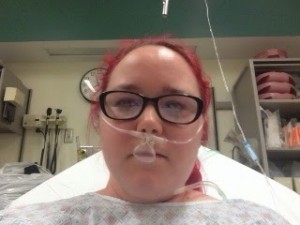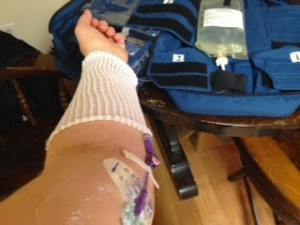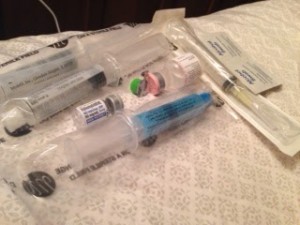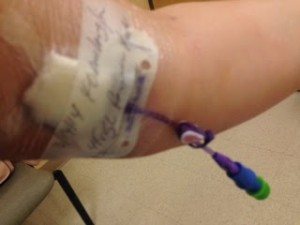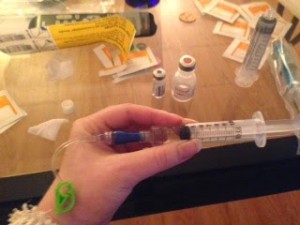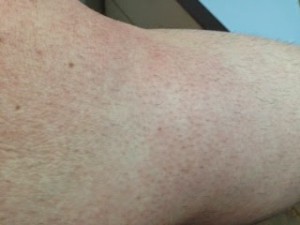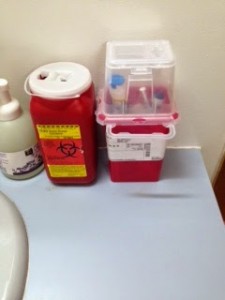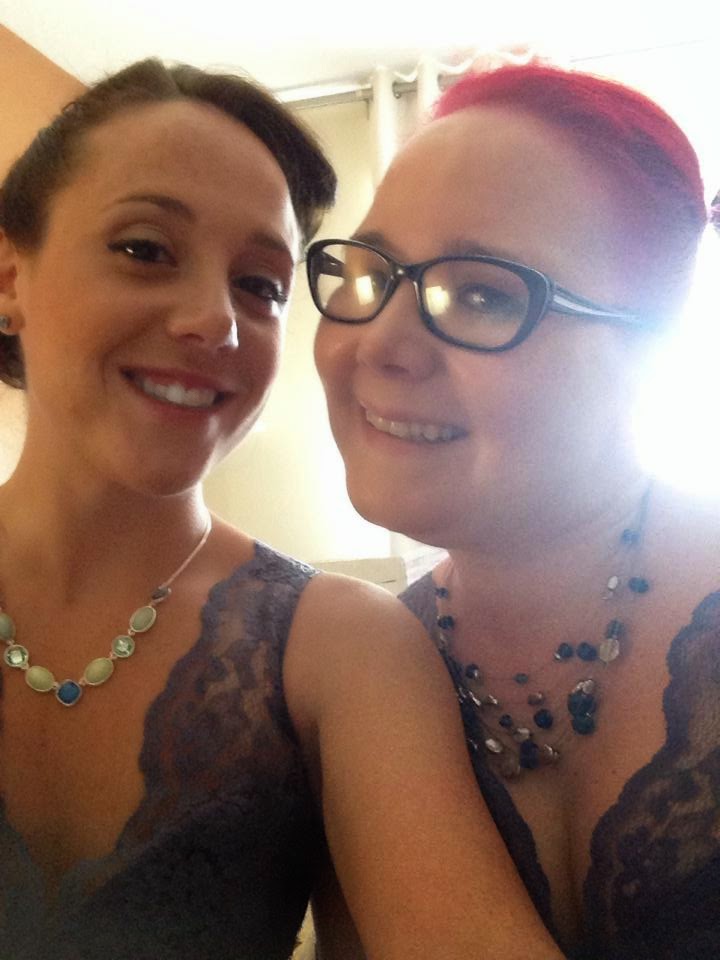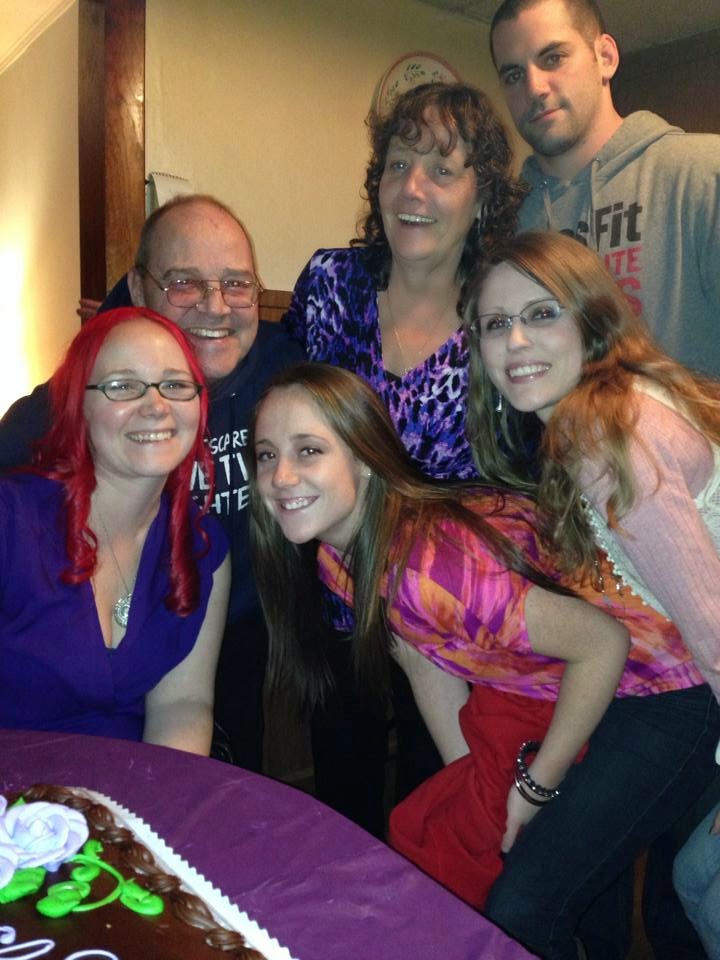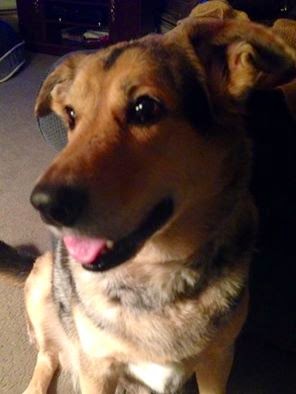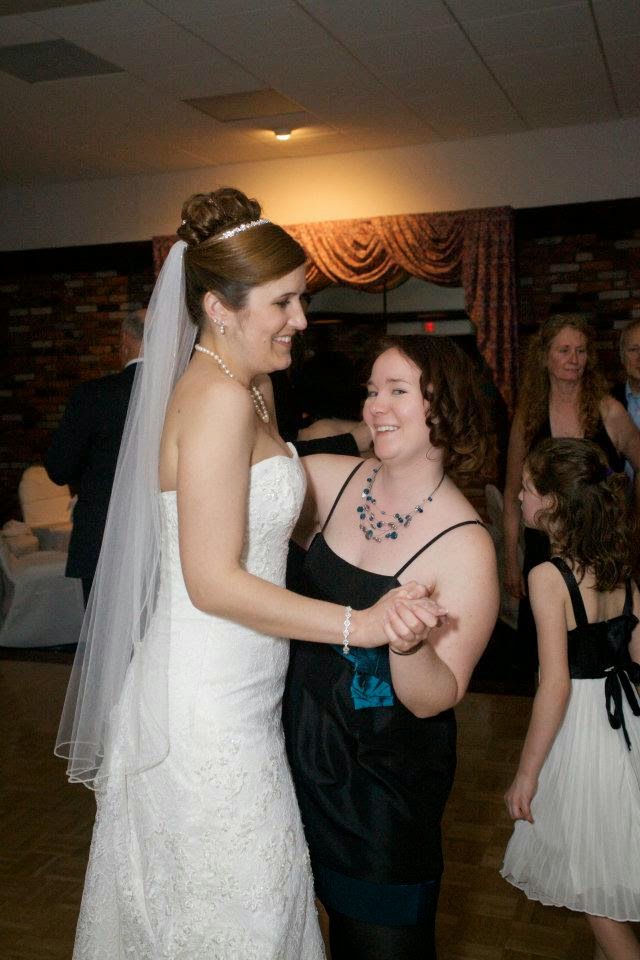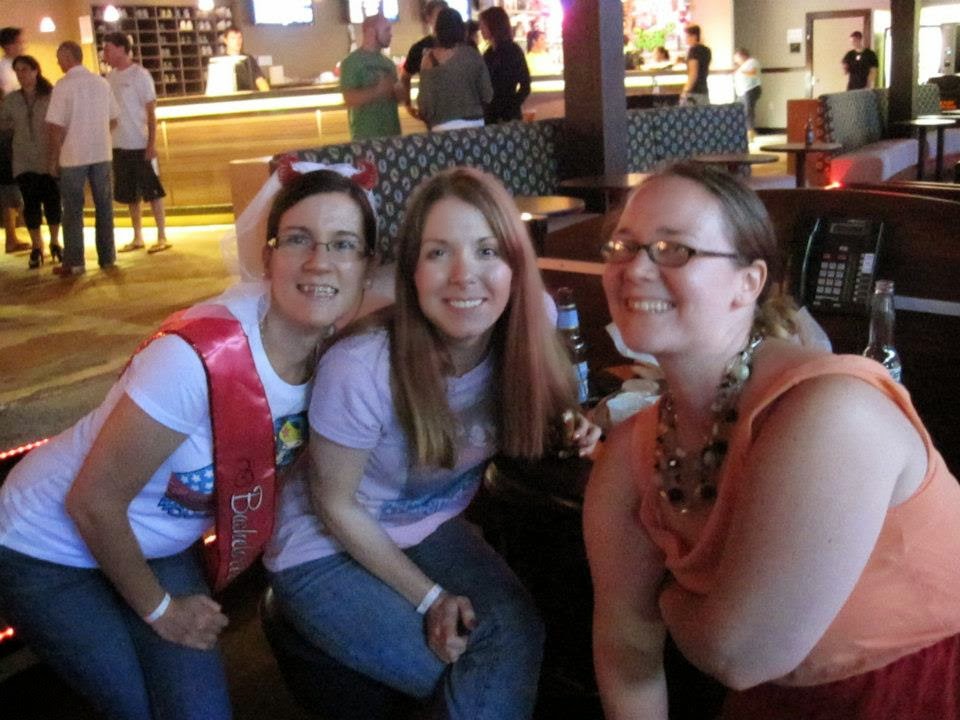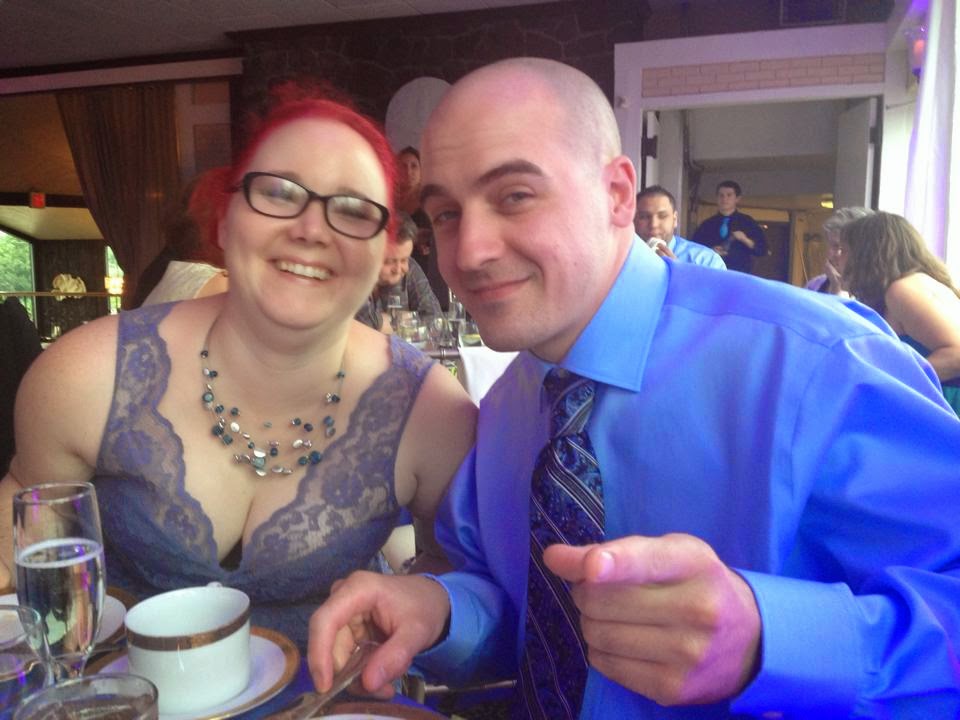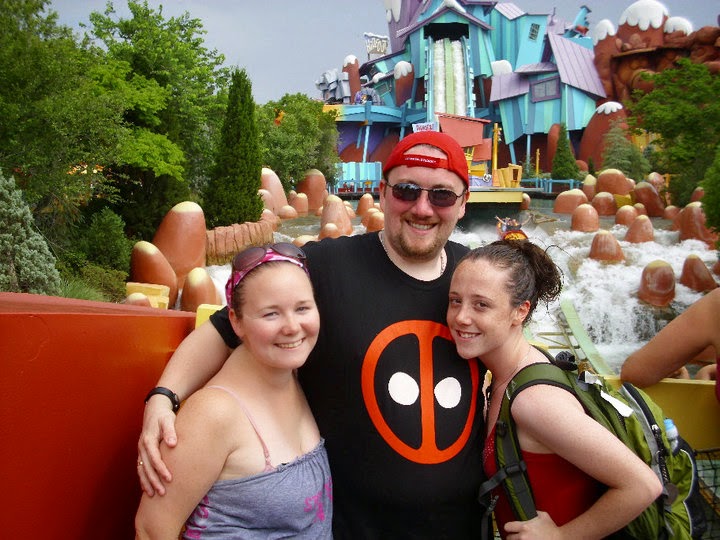Whether or not SM is cancer is, by far, the question I get asked the most. Because I get asked so often, I have done a lot of digging on this topic in the last few months. Here’s what I found.
On the surface, from a biological point of view, SM looks like cancer. It is characterized by excessive, improper cell growth. It can cause organ infiltration and damage. Over 90% of patients have a mutation in the CKIT gene, which is a proto-oncogene. A proto-oncogene is a gene that becomes an oncogene when mutated. An oncogene is a gene that contributes to cancer. CKIT mutations can lead to gastrointestinal stromal tumors (GIST), melanoma, acute myeloid leukemia and, of course, mast cell disease. So if SM has unregulated cell growth and a mutation in a proto-oncogene, that makes it cancer, right?
The World Health Organization (WHO), an organization I generally consider to know what they are doing, says it doesn’t. To find out exactly why, I talked to a pathologist familiar with mast cell disease. This is what she said:
“All cancers are neoplasms, but not all neoplastic cells are cancerous. It is cancerous when the cells grow out of control. In mastocytosis, even if you do nothing (meaning take no medications designed to kill off the mast cells), most of the time, the prognosis is very good because the cells are not growing that much. Not like a cancer. The other thing is when the cells invade other organs and the bloodstream and damage the organs. When it is widespread and damaging, it is malignant.”
The majority of people with systemic mastocytosis have indolent disease, for which the life expectancy is normal, usually without any kind of therapy to kill off mast cells. So if we follow the guidelines laid out above, SM is not cancer. It is a myeloproliferative neoplasm (MPN.)
I know some people with ASM identify as having cancer. ASM has a lot more features we typically associate with cancer, so I think that’s fine. And MCL, obviously, is leukemia.
There is some terminology that gets thrown around incorrectly and I think it scares people who don’t understand that the wrong terms are being used. One of them is chemo. People with more aggressive types of mast cell disease may need chemo drugs. People sometimes use the term incorrectly to reference more common treatments. If you’re a rookie, I can see how you might get scared thinking that lots of people with indolent disease are on chemo.
Another term is compassionate use. Compassionate use is the use of an experimental drug outside of a clinical trial. It is generally allowed only when the person has no other treatment options and is gravely ill. I have seen some people use it when discussing patient assistance programs, in which a pharmaceutical company will distribute a drug to a patient at a significant discount or at no cost. They are not the same thing.
In the last few months, I have noticed that some people with SM will tell people that they have a “rare kind of leukemia.” This is not accurate. With the obvious exception of MCL, mast cell disease is not leukemia. SM is a blood disorder.
I think that part of why some people with mast cell disease say they have leukemia is because they want the sort of empathy given to cancer patients. I understand that. I wrote a whole post about how I hate when people say, “At least it’s not cancer.” But it’s important to remember that cancer has two entities: the medical, biological aspect of the disease, and the social construct. When you have ISM and you tell someone you have leukemia, their first thought is that you could die from it. Mast cell disease is scary enough with scaring everyone around you extra with misinformation.
I know that it’s frustrating that people know what cancer is and they probably don’t know what mast cell disease is. And to be clear, I’m not talking about an offhand comment you make to some stranger asking you why you have a port at the grocery store to get them to go away. I’m talking about the people who are actually in your life. (I’m also obviously not referring to the SM-AHNMD people, who may very well have leukemia in addition to SM.) If our mission is to educate people, stuff like this matters. The words we use matter. A lot.
I’m aware that this post is probably going to make some people angry, and that’s fine. You can feel however you want to feel. But I’m getting enough questions about this from people who are really worried, so I feel it’s important to set the record straight.

